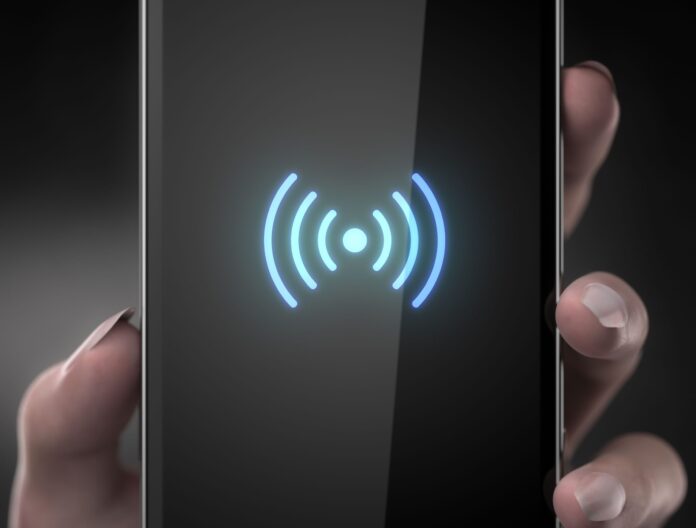WASHINGTON – In today’s world, it is almost impossible to conduct any kind of business without an Internet connection. This reality has turned Wi-Fi into a major revenue stream for the hospitality industry, from advertising free Wi-Fi then offering premium speed at an increased rate, to blocking independent Wi-Fi hot spots that have become a must-have accessory for the savvy business traveler.
The issue of blocking personal Wi-Fi hot spots has drawn the ire of the Federal Communications Commission Enforcement Bureau, which over the last year has taken major steps to quash attempts by hotels to impose a virtual Internet monopoly on their guests.
In February the FCC imposed a $600,000 fine on the Marriott hotel chain for jamming guests’ personal Wi-Fi hot spots. On Nov. 2, the FCC announced a $25,000 fine for Hilton Hotels for obstructing an investigation into the chain’s own blocking activity regarding Wi-Fi hot spots.
Studies commissioned by the travel industry and cited in various publications, including The New York Times, point to Wi-Fi as the No. 1 must-have amenity for travelers. What’s more, people prefer free Wi-Fi over tiered service that comes at a premium. Personal Wi-Fi hot spots allow travelers to carry access to the Internet with them, which obviously disrupts a hotel’s ambitions to turn in-room Wi-Fi into a revenue stream.
In addition to cracking down on the hotel industry, the FCC also has hit companies that provide Wi-Fi at convention centers. At the same time the FCC announced the $25,000 fine for Hilton, it reported a $718,000 fine for convention Wi-Fi provider MC Dean for jamming personal hot spots at the Baltimore Convention Center while charging as much as $1,095 for exhibitors and attendees to get connected.
This comes on the heels of a $750,000 fine for convention Wi-Fi provider Smart City Holdings for blocking personal connections at multiple convention centers across the country.
Travis LeBlanc, chief of the FCC Enforcement Bureau, was clear on the FCC’s view: “Consumers are tired of being taken advantage of by hotels and convention centers that block their personal Wi-Fi connections. This disturbing practice must come to an end. It is patently unlawful for any company to maliciously block FCC-approved Wi-Fi connections.”

